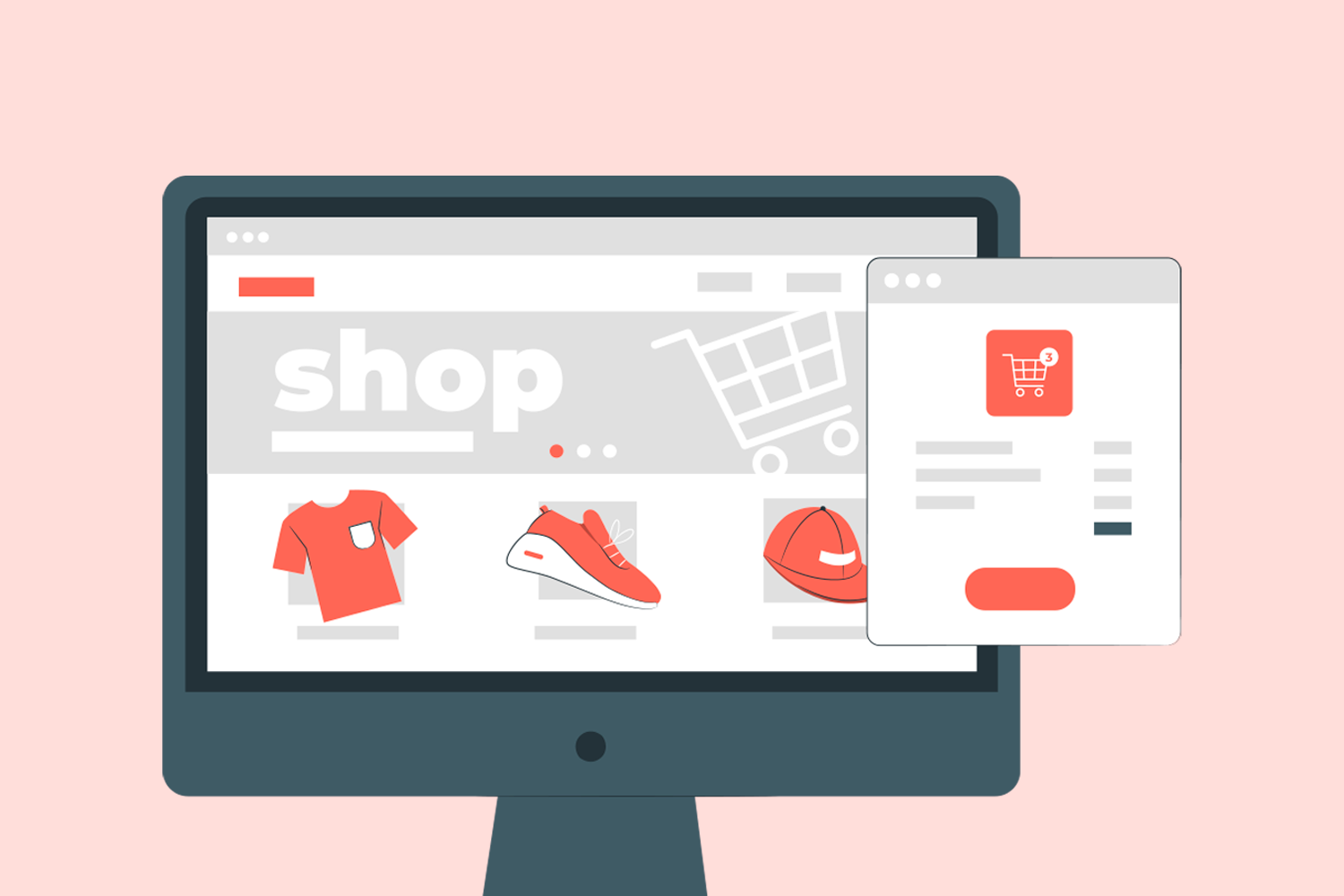SUMMARY
Theomnichannel sales strategyinvolves recreating, through the integration of all usable channels, a’ pervasive and unique customer shopping experience
The omnichannel sales strategy involves recreating, through the integration of all usable channels, a pervasive and unique customer shopping experience. Indeed, consumers are increasingly interactive, no longer stopping at the single act of purchase and evaluating all aspects around them, regardless of where they are and what medium they are using.
Omnichannel retail is the future of the shopping experience, all the more so after the pandemic revolutionized shopping habits and resulted in a further increase in online sales. The various touchpoints often do not have a smooth connection with each other, and hence the need to have a more comprehensive approach, employing precisely an omnichannel strategy, which creates a single customer journey capable of moving from one channel to another according to the needs of the moment.
Businesses interface not only with customers and consumers but also with other businesses. The hybrid approach thus applies not only in the B2C sphere, but also in the B2B sphere and again the omnichannel approach is efficient and functional. Consumers are so accustomed in their personal sphere to switching between channels that they want to replicate the omnichannel experience in the professional sphere as well.
Omnichannel strategy and B2B e-commerce: a winning approach
Euromonitor International, in collaboration with Alibaba.com, analyzed the state of B2B e-commerce, involving industry buyers and sellers from Italy, Germany and Spain. The independent study “The Future of B2B e-commerce: online platforms” predicts a still rising trend in the use of e-commerce: by 2026, in fact, online orders are expected to account for 16.4 percent of the total in Italy (as much as 32.6 percent in Germany). The prediction is that the SMEs will strengthen their digital footprint and increase online visibility to reach their audience with convenience.
Industry stakeholders said that Internet commerce is one piece of a larger strategy, with 80 percent admitting that targeting customers through multiple customers, including online, is more effective than traditional sales methods. 83 percent of B2B leaders consider omnichannel strategy to offer themost effective ways to create new business contactsthan traditional methods, such as classic word-of-mouth marketing or attending trade shows alone. For this very reason, companies are being pushed to innovate their offerings, thus ensuring an ever-improving selling and buying experience.
Orchestrating the customer journey and creating personalized experiences: the omnichannel customer experience
According to a survey conducted by McKinsey, the results of which were published in an article titled “The new B2B growth equartion“, it was found that B2B companies are increasingly striving to strike a balance between traditional, remote and self-service interactions (such as e-commerce). According to the study, the level of customer satisfaction increases: 31 percent of companies that have done so believe that the go-to-market model is more effective in reaching customers.
According to McKinsey, thenew standard for achieving B2Bomnichannel excellence involves the use of ten channels: e-mail, in person, telephone, supplier website, procurement division, mobile app, e-procurement portal, video conference, web chat, Google/web search. The study states that72% of B2B companies selling through seven or more channels have increased their market share. Nearly 80 percent of B2B customers say a performance guarantee is critical to brand loyalty, including a full refund if the product or service does not meet the agreed-upon performance level.
The recommendations that emerge from this study are three: Orchestrate the customer journey and then develop the ability to lead customers; build a hybrid sales model; create personalized experiences across all touchpoints.
Contact us
Find out more about our CX services
INGO, thanks to multichannel and technological innovations, is able to build specific projects for each company, following the process from the initial analysis phase to the implementation of integrated, scalable and modular omnichannel strategies. For over 20 years, Made in Italy at the service of the customer experience.
blog



